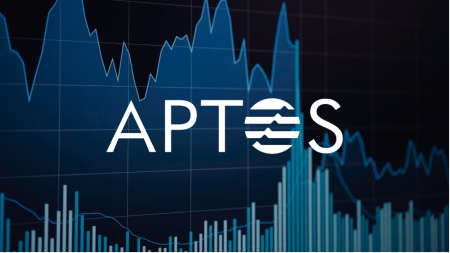Canada is set to adopt the International Crypto-Asset Reporting Framework (CARF) for taxation by 2026, making it one of the first nations to do so. The OECD agreed to the framework in August 2022 and plans to implement it in 47 countries by 2027. The framework aims to address tax evasion risks posed by the rapid growth of crypto-asset markets. The 2024 federal budget emphasizes the importance of regulating crypto-assets to ensure a fair tax system for Canadians.
The CARF will require crypto asset service providers (CASPs) such as exchanges, brokers, and ATM operators to adhere to new reporting requirements. Examples of crypto assets covered under the framework include stablecoins, crypto tokens, and non-fungible tokens (NFTs). CASPs will be responsible for reporting various transactions to the Canada Revenue Agency (CRA), including crypto-to-fiat and crypto-to-crypto transactions, as well as transfers exceeding $50,000 USD. They will also need to collect customer information such as name, address, date of birth, residence jurisdiction, and taxpayer identification numbers.
To support the implementation of the CARF, the Canadian government has proposed allocating $51.6 million over five years starting in 2024-25, with an additional $7.3 million per year for ongoing administration. The budget plan also includes a proposal to raise the capital gains tax inclusion rate from 50% to 66% for individuals with annual incomes exceeding $250,000. This change applies to cryptocurrency sales and has raised concerns within the Canadian crypto community, with some individuals expressing frustration over the impact on their ability to afford homes or support their businesses.
The tax implications of the CARF and the capital gains tax hike have sparked discussions among Canadians, with some criticizing the government for making living in Canada unaffordable. Concerns have been raised about the impact of these measures on individuals who use Bitcoin as a means of opting out of traditional financial systems. Critics argue that the tax changes could discourage investment in cryptocurrency and hinder economic growth by limiting the financial resources available to Canadians.
It is important for Canada to stay ahead of the curve when it comes to regulating crypto-assets and addressing tax evasion risks. By adopting the CARF and implementing new reporting requirements for CASPs, the Canadian government aims to create a fair tax system that ensures compliance and transparency in the crypto-asset market. While the tax changes may have short-term implications for crypto investors and service providers, they are seen as necessary steps to protect the financial interests of Canadians and maintain the integrity of the tax system. As Canada moves towards implementing the CARF by 2026, it will be important to monitor the impact of these changes and assess their effectiveness in combating tax evasion in the crypto-asset sector.















